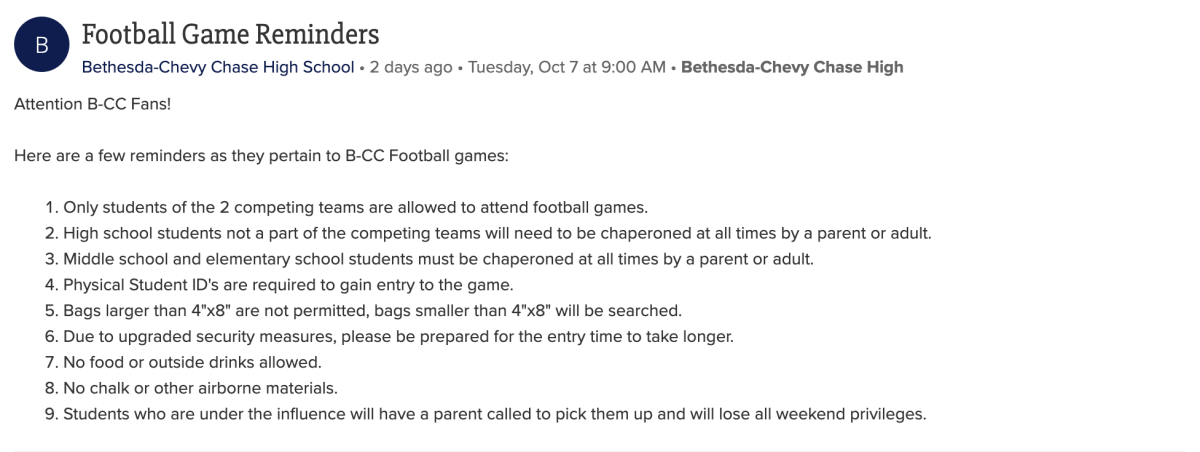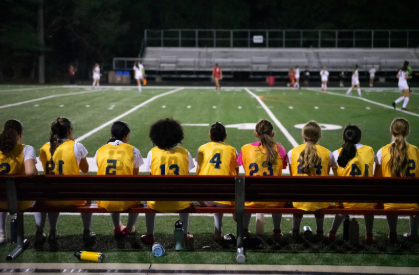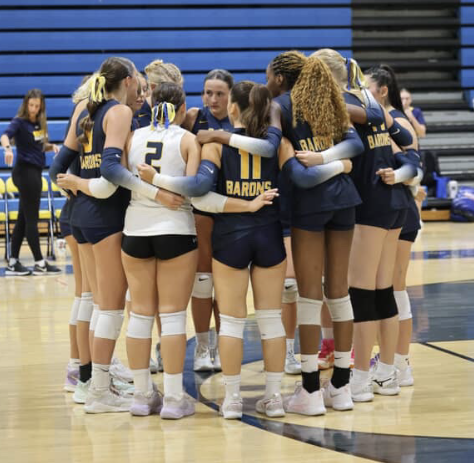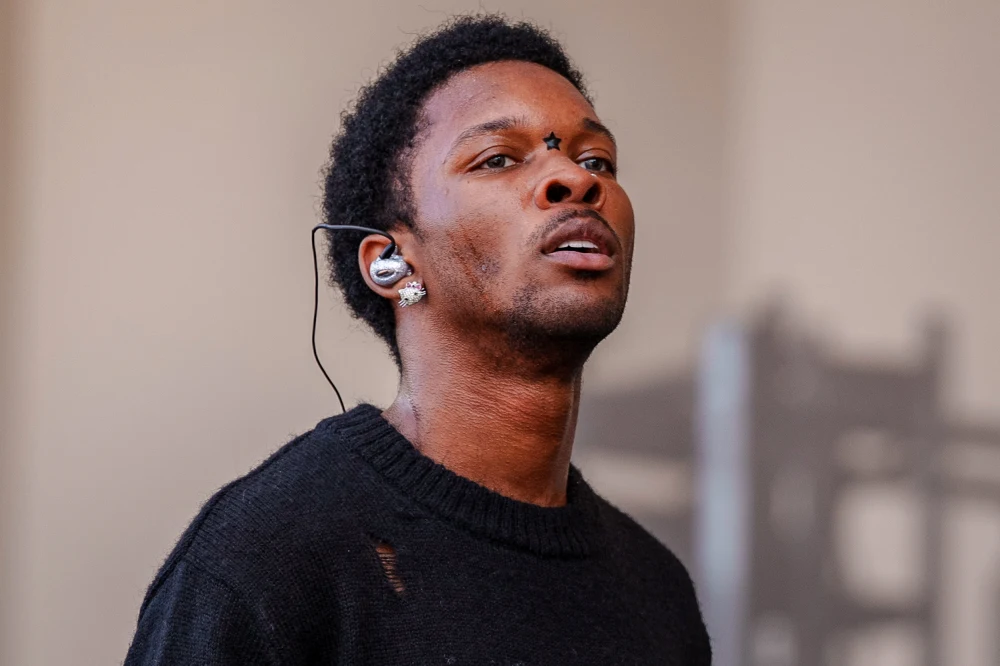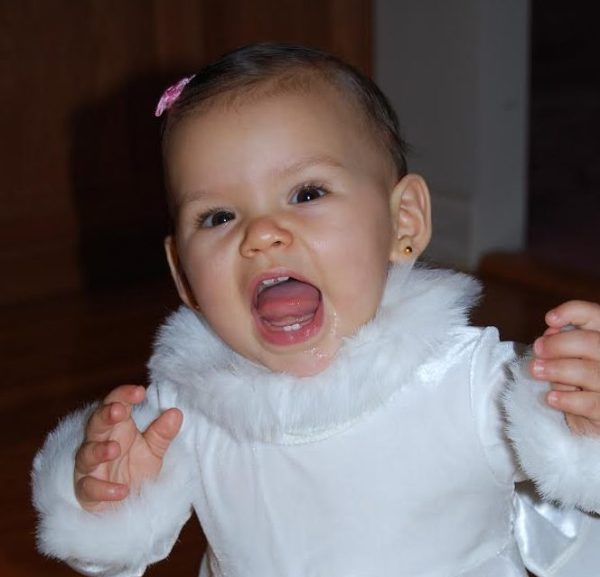With the new year, a common tradition people do is making New Year’s Resolutions. By making plans for the future, people give themselves time to accomplish certain goals. Some believe that New Year’s resolutions are a mere formality, but there’s actually much more to it. Senior Julia Holland said, “I think resolutions are important to have. The problem is you’re just waiting for them to happen. Just get up and do the things you want to do. I think there’s a balance between being spontaneous and realistic while setting goals. It’s important to make sure you’re not doing things without a purpose.”
There is also quite a bit of psychology behind making these resolutions. According to PBS North Carolina, 77% of people who committed to a New Year’s resolution stuck to it for a week and under 20% of those who made the resolutions kept them for the following two years. Dr. Nicole Calakos, M.D., Ph.D., an Associate Professor of Neurology and Neurobiology at Duke University Medical Center, explained, “‘Habits aren’t just there, but you get them by repetition and reinforcement.’” Learning and adapting to making something a part of daily schedules is the first step to making something a habit in life; the next step is telling yourself why you’re doing it. Senior Maya Jones said, “I am committed to working on myself throughout the week to keep my physical and mental health as healthy as I can by going to the gym, taking mindfulness time, and connecting with friends; especially with going to college soon.”
Something that students quickly learn is that to do well in high school, consistency and discipline are essential. Mr. Dutton, a B-CC IB and Honors Biology teacher, is excited to be trying something new with his students this year. He is having his IB students write letters to their future selves and plans to have them open the letters before they take their exam the following year. Mr. Dutton said, “My goal is that it brings a bit of nostalgia and makes students think ‘I was really scared at first but I’ve realized that I have grown as a person, I have learned how to manage my studying skills and expectations, and I am now in a better place.’” Mr. Dutton didn’t write a letter to himself this year, but he plans on doing so in the future. Until then, he mentioned wanting to get better at reflecting and being present in the moment. Holland said, “If I could talk to my future self I would tell her to not worry too much about things in the world and to take things less seriously. You’ll end up where you’re meant to be. This year I’m just planning on doing things that make me happy.”
Whether it’s in school or an extracurricular activity, understanding why you have a goal for yourself is quite important. Make sure it’s simple, specific, and realistic, and don’t forget to be patient!





